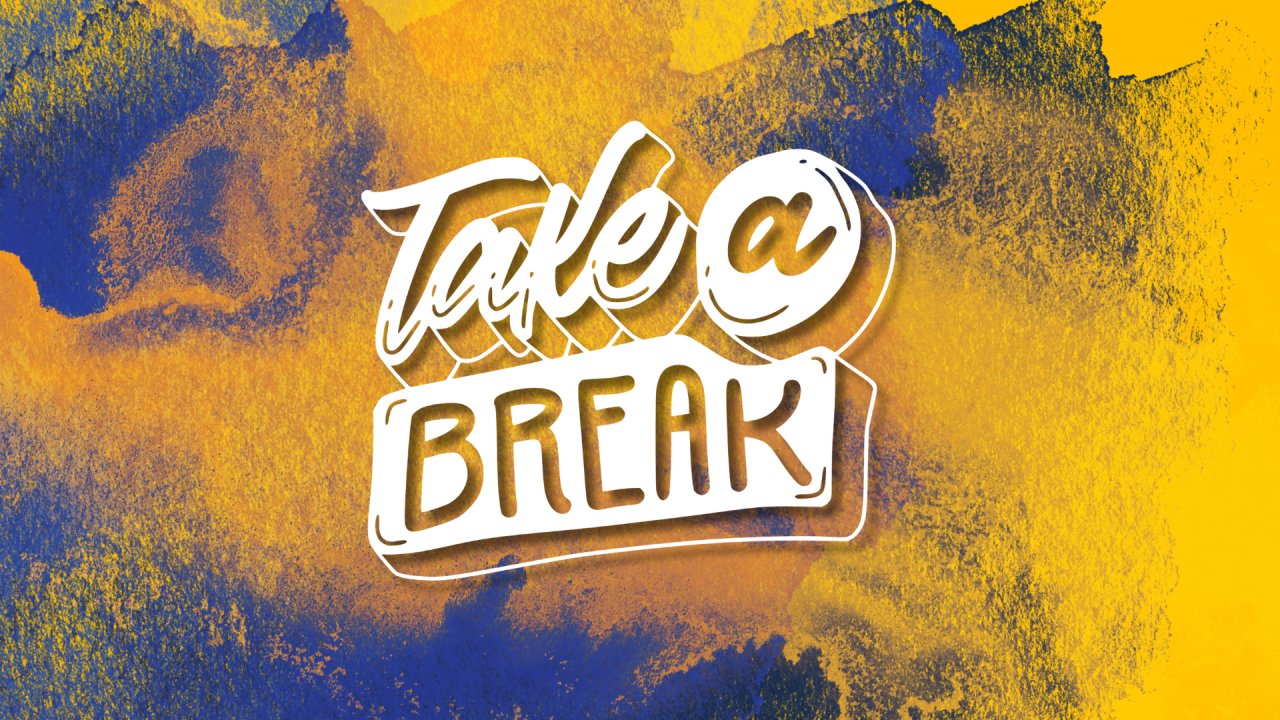
Digital Detox: Unplug to Unwind this Summer
With summer about halfway over, IET has a fun challenge for students, faculty, and staff. Relax more and stress less by taking a tech break!
Now, we don’t suggest taking a digital break from tech during working hours if your job utilizes technology. Instead, intentionally choose some hours or days during your free time and go offline. If you’re thinking this is a terrible idea, please keep reading! We promise your mental and physical health will thank you if you accept this challenge.
Why we should all take a tech break
According to an article from University of Wisconsin Health, studies show Americans are increasingly checking their smartphones—52 times per day at least. It’s even worse for teens, who reportedly check their social media accounts 100 times per day. A University of California study followed kids, 11 to 18 years old, from the 1990s for 24 years, and found the more time they spent on screens, the more likely they were to have diabetes and a higher risk for heart disease. Having electronics in the bedroom also disrupted sleep and correlated to even more negative health effects.
It's pretty clear that a tech break might help us all!
How to go tech-free
There are no hard and fast rules for taking a digital break. For instance, you don’t have to go on a silent retreat or hide your phone, computer, tablet, or smart watch behind lock and key. According to an article from pcmag.com, there’s no right way to digital detox. However, before you power down, make sure you communicate with important people about when and how long you’ll be offline. Tell key people how they can reach you in an emergency. Once you have an emergency plan in place, follow these tips to get you started.
- Start small. Go offline, but only for a limited time. Decide on a time to unplug when you will have the best chance at success. Maybe that’s on Saturday mornings or Sunday afternoons. Pick what’s best for you and stick with it!
- Limit online usage to only the necessities. Instead of going offline completely for an entire weekend or during your vacation, make simple rules about what you will and won’t allow yourself to do. If you’re bad at driving directions, then only use your phone to get you where you need to go.
- Remove your phone from your bedroom. If the last thing you do before going to sleep and the first thing you do when you wake up is scroll through your phone, it might be helpful to remove this distraction. Try finding a spot to keep your phone overnight and commit to putting it there. Think of it like putting your phone to bed in its own room.
Practice mindfulness in a tech-free environment
Once you’ve done the digital ditch, it’s time to truly rest. According to an article on UCnet, you don’t have to take a yoga class or go on a meditation retreat to achieve deep rest. You can combat stress within seconds by activating your parasympathetic nervous system with these four simple steps.
- Slow your breathing. Activate the vagus nerve by lengthening your exhalations and calming your mind and body. Even a few deep breaths throughout the day can help.
- Please your senses. Smell some essential oils, arrange flowers, put your bare feet on grass or sand, watch the sunset, or cook your favorite meal. Sensory-rich activities can move your focus from your mind to your body.
- Pay attention to nature. Humans are naturally drawn to nature because we evolved within it. Take advantage of this connection by visiting one of the many state or national parks nearby!
- Look outside the box. Try something new! Novel experiences are associated with a greater sense of spiritual wellbeing.
If you’re looking for a more active way to spend your digital-free time, check out this wonderful list of experiences and activities offered at UC campuses.
Thanks for reading, now go plan your digital break!
